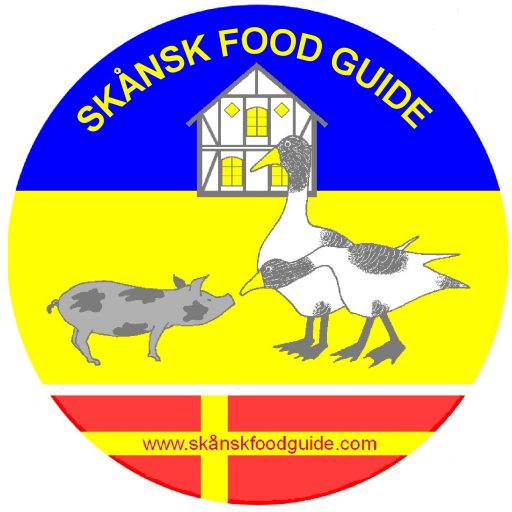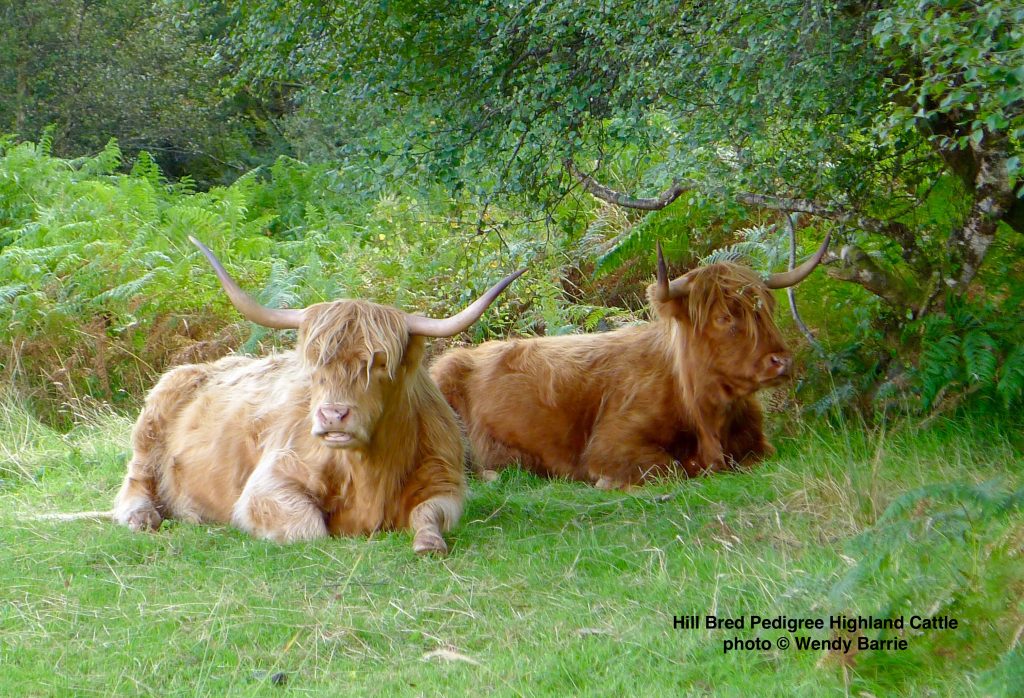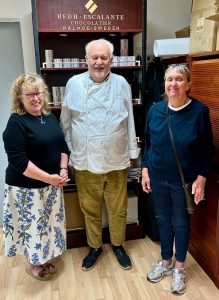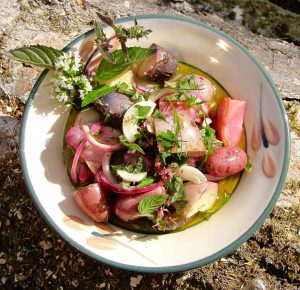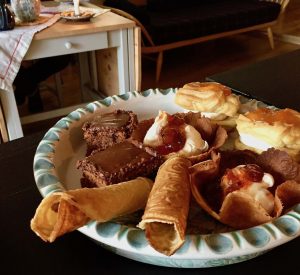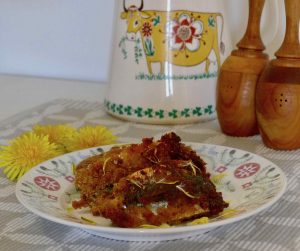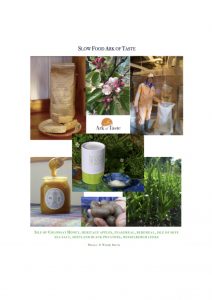 In this world of mass production and glitzy packaging some may think heritage foods are less interesting and more expensive. They would be mistaken as they are fascinating, flavoursome and our future!
In this world of mass production and glitzy packaging some may think heritage foods are less interesting and more expensive. They would be mistaken as they are fascinating, flavoursome and our future!
Whether they be landrace breeds of animal or ancient varietals of fruit and grain, they have much to offer and their continuation is invaluable for environmental food production. Indigeneous species prosper in their region – local foods work! They offer delicious, clean, honest food with low food miles and often with considerable health benefits. There are those who ‘develop’ breeds and ‘reformulate’ foods, invariably for commercial gain, but this is short-sighted and always has consequences.
Take Native Bred Aberdeen Angus for example. The beef has fine marbling giving juicy flavoursome 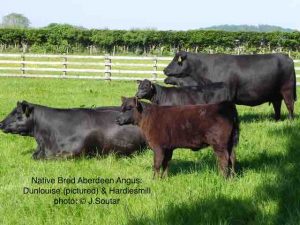 meat. It must be grass fed and suitably hung. There are few who still retain 100% pure bred herds, the vast majority on menus being cross bred, leading to inconsistencies in flavour and deviation from the original genetics. Geordie Soutar at Dunlouise rescued Native Bred Aberdeen Angus from near extinction and Hardiesmill also rear theirs the traditional way on grass and grass silage. This is why Native Bred Aberdeen Angus is boarded on Slow Food’s Ark of Taste.
meat. It must be grass fed and suitably hung. There are few who still retain 100% pure bred herds, the vast majority on menus being cross bred, leading to inconsistencies in flavour and deviation from the original genetics. Geordie Soutar at Dunlouise rescued Native Bred Aberdeen Angus from near extinction and Hardiesmill also rear theirs the traditional way on grass and grass silage. This is why Native Bred Aberdeen Angus is boarded on Slow Food’s Ark of Taste.
Scotland’s Ark of Taste plays a vital role, gathering evidence of our remaining food heritage: laying down genetic markers and recording traditional preparation and preservation techniques. Our food security and sovereignty should not be confused with collecting an interesting archive – this is real and now: good for our future health and economy. It is an honour to be Leader for Slow Food Scotland’s Ark of Taste.
For Scotland’s Ark of Taste products https://scottishfoodguide.com/places/slowfood/
